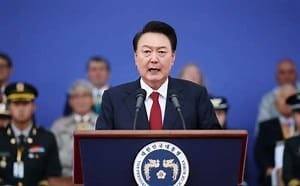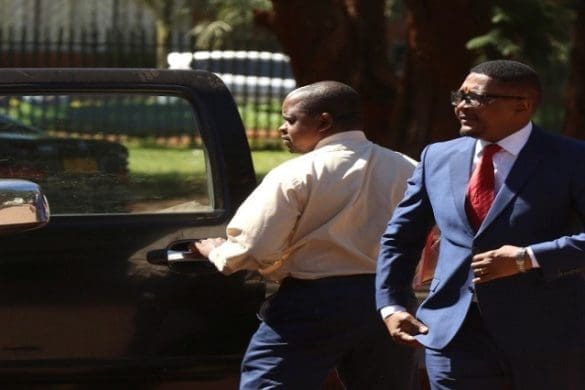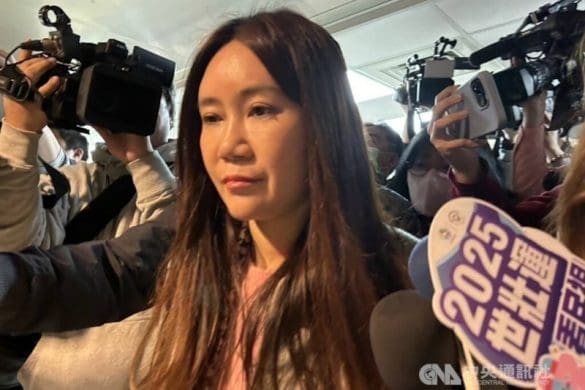SEOUL — The arrest of South Korean President Yoon Suk Yeol marks a dramatic moment in a standoff with the nation’s investigators. The arrest, which occurred after several failed attempts, has sparked intense political division in a country still grappling with the fallout from last month’s martial law declaration.
Yoon, 64, had sought refuge within the walls of the presidential residence in Seoul, guarded by a team of Secret Service officers. On January 3, an attempt to arrest Yoon was blocked by his security personnel, which led to a growing divide between his supporters in the ruling conservative party and those advocating for his removal from office. The opposition Democratic Party pushed for Yoon’s arrest following his controversial actions, while the ruling party rallied around him.
By January 11, the second attempt to arrest Yoon involved thorough coordination between police and investigators, with over 1,000 officers participating. The arrest was met with fierce resistance as lawmakers from the ruling party and thousands of protesters gathered to show support for the president. Despite the standoff, Yoon eventually agreed to cooperate and was taken into custody without physical confrontation.
Yoon, in a prerecorded address after his detainment, decried the investigation, asserting that the arrest warrant lacked legal merit and that he acted to prevent further violence. He also criticized the collapse of the rule of law in South Korea.
Investigators have 48 hours to secure a formal arrest warrant, which could lead to Yoon’s continued detention, or he could be freed if a judge denies the request. Yoon has opted to remain silent during questioning, exercising his right not to testify under South Korean law.
The country is currently led by the third-highest official in line, following the impeachment of both Yoon and his successor, Prime Minister Han Duck-soo, who faced criticism for judicial appointments.
This political crisis has created a leadership vacuum at a critical juncture, as North Korea’s missile tests continue and South Korea reels from a recent plane crash tragedy. Yoon’s impeachment trial is expected to move swiftly, with a ruling expected by mid-May. Should the Constitutional Court uphold his impeachment, a snap election will be held within 60 days.
Yoon, a former prosecutor, has defended his emergency powers declaration last month, arguing it was necessary to protect the country from North Korean communist influences. Despite his claims, his move to impose martial law has deepened political tensions and intensified scrutiny of his leadership.
Yoon’s defense team continues to contest the legitimacy of the arrest warrant, with his lawyers asserting that the investigation into his conduct as president is legally invalid. The controversy over martial law and the president’s authority has only escalated the already volatile situation.




